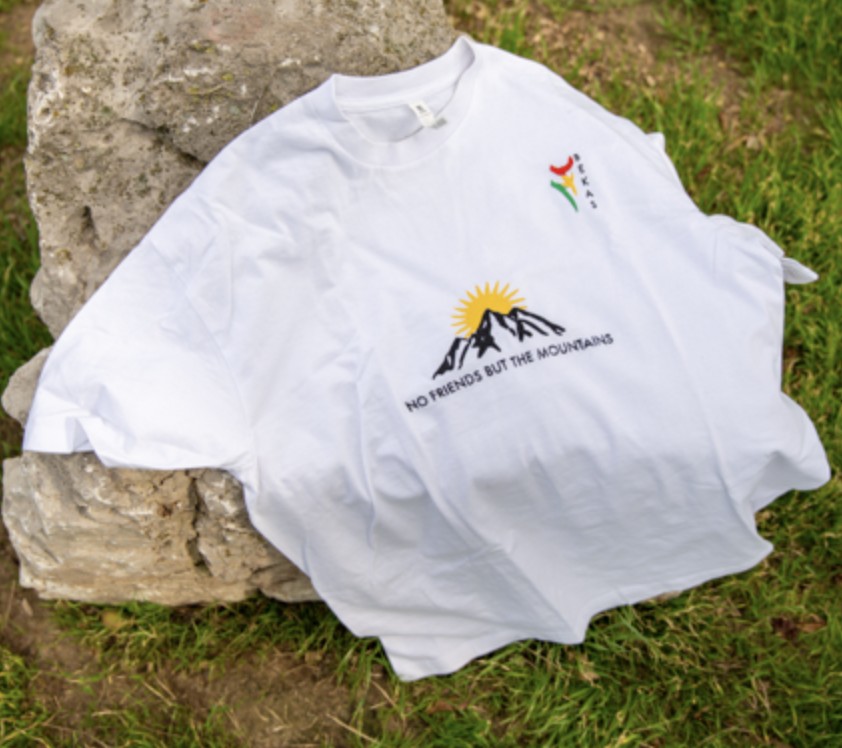Firmesk Wirya Qaneh, a name synonymous with Kurdish chess excellence, has carved a remarkable path in the sport. Born in 1965 in Langa Deh village near Sulaymaniyah, Firmesk’s life is interwoven with chess and cultural pride.
Firmesk was born just two months after the passing of her grandfather Qaneh, a renowned Kurdish poet. Her name, which means “tear” in Kurdish, reflects the deep sorrow her father felt. This poignant connection would foreshadow Firmesk’s own strength and resilience.
Firmesk’s aptitude for chess blossomed under her father’s watchful eye. He ignited her passion for the game, and a local tournament presented the perfect opportunity for her to test her skills. Despite entering on a whim, Firmesk stunned everyone by defeating the Iraqi national runner-up, Zhian Jamal. This unexpected victory marked the beginning of her extraordinary chess journey.
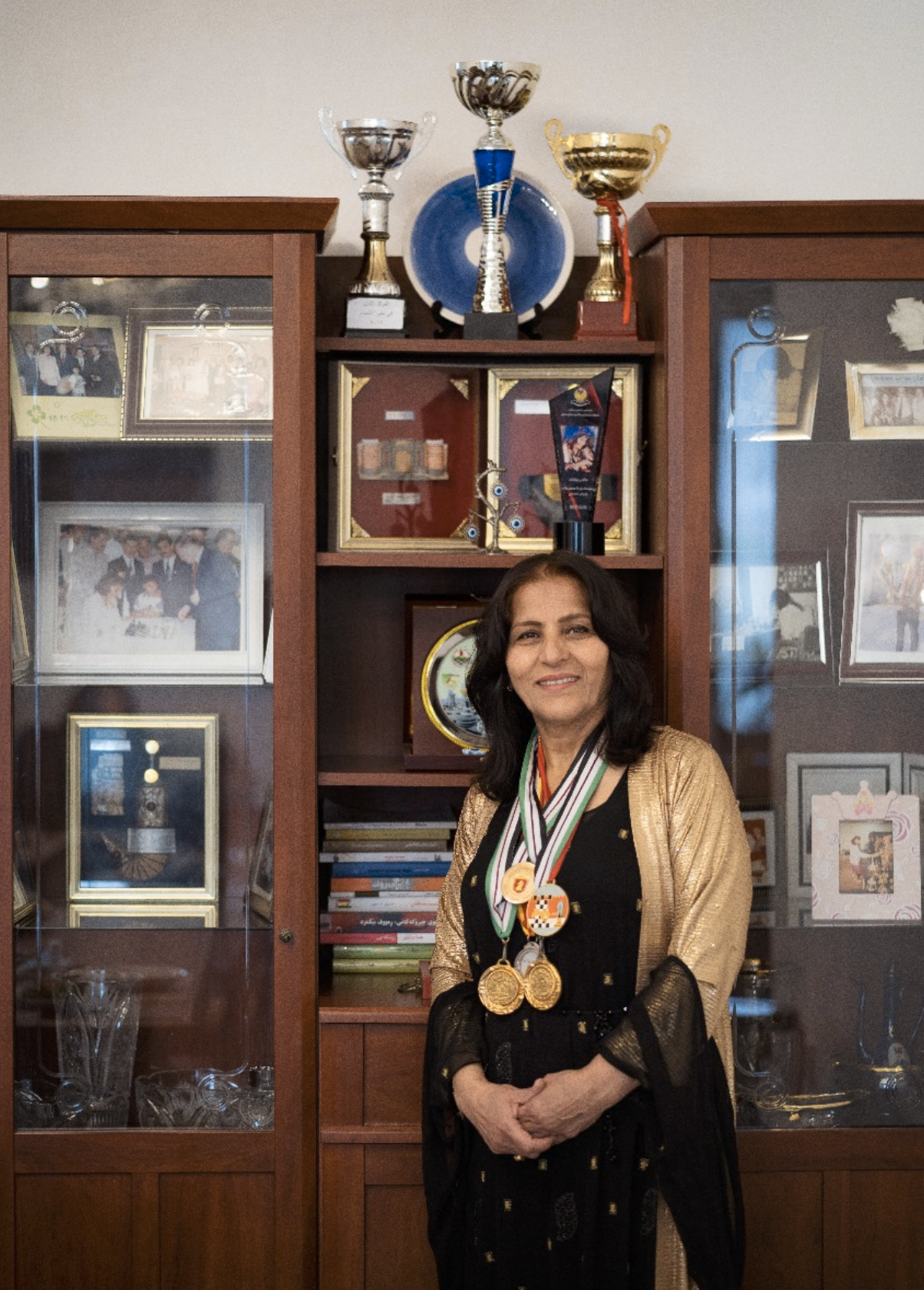
National champion and international recognition
Firmesk’s talent shone brightly. She secured numerous titles, reigning as the Iraqi Chess Champion for an impressive eleven years (1980-1992). In 1979, she officially joined the National Chess Team of Iraq, and her exceptional performance continued. In 1984, she participated in the Chess Olympiad in Greece, achieving a commendable 47th world ranking and the top position among contenders from Arab countries.
A historic triumph awaited Firmesk in 1985. She became the first Kurdish woman to win a gold medal at the Arab Chess Championship in Casablanca, Morocco. This victory, however, was not without controversy. Media outlets initially questioned her ethnicity, highlighting the challenges faced by Kurdish athletes. Despite these hurdles, Firmesk persevered, her determination unwavering.
Firmesk’s cultural heritage remained a source of immense pride. In 1987, she broke barriers by becoming the first woman to compete in the Asian Chess Championship while adorned in traditional Kurdish attire. This bold act not only showcased her cultural identity, but also challenged societal norms.
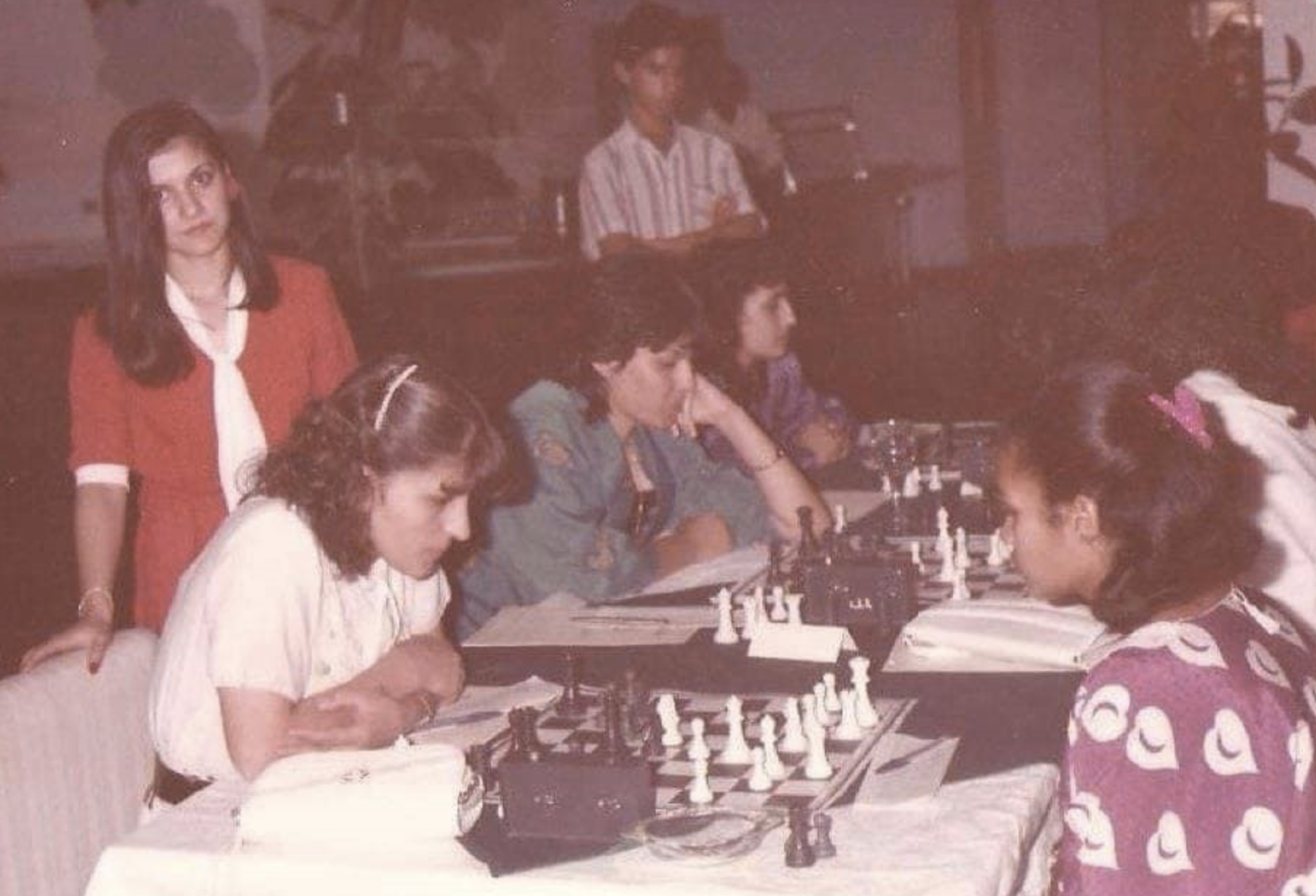
War and a return to glory
The outbreak of the Gulf War in 1990 forced Firmesk to take a hiatus from competitive chess, but her passion remained undimmed. In 1999, she, along with her sisters Khatuzin and Chinar, made a triumphant return to the National Chess Team of Iraq. Their exceptional performance at the 1999 Arab Games secured them individual and team gold medals, a testament to their enduring talent.
In 2000, she drew against the legendary world chess champion Anatoly Karpov, a feat that solidified her reputation as a formidable player. Throughout her career, she has garnered a total of seven medals in international events, including five gold medals, a silver medal, and a bronze medal.
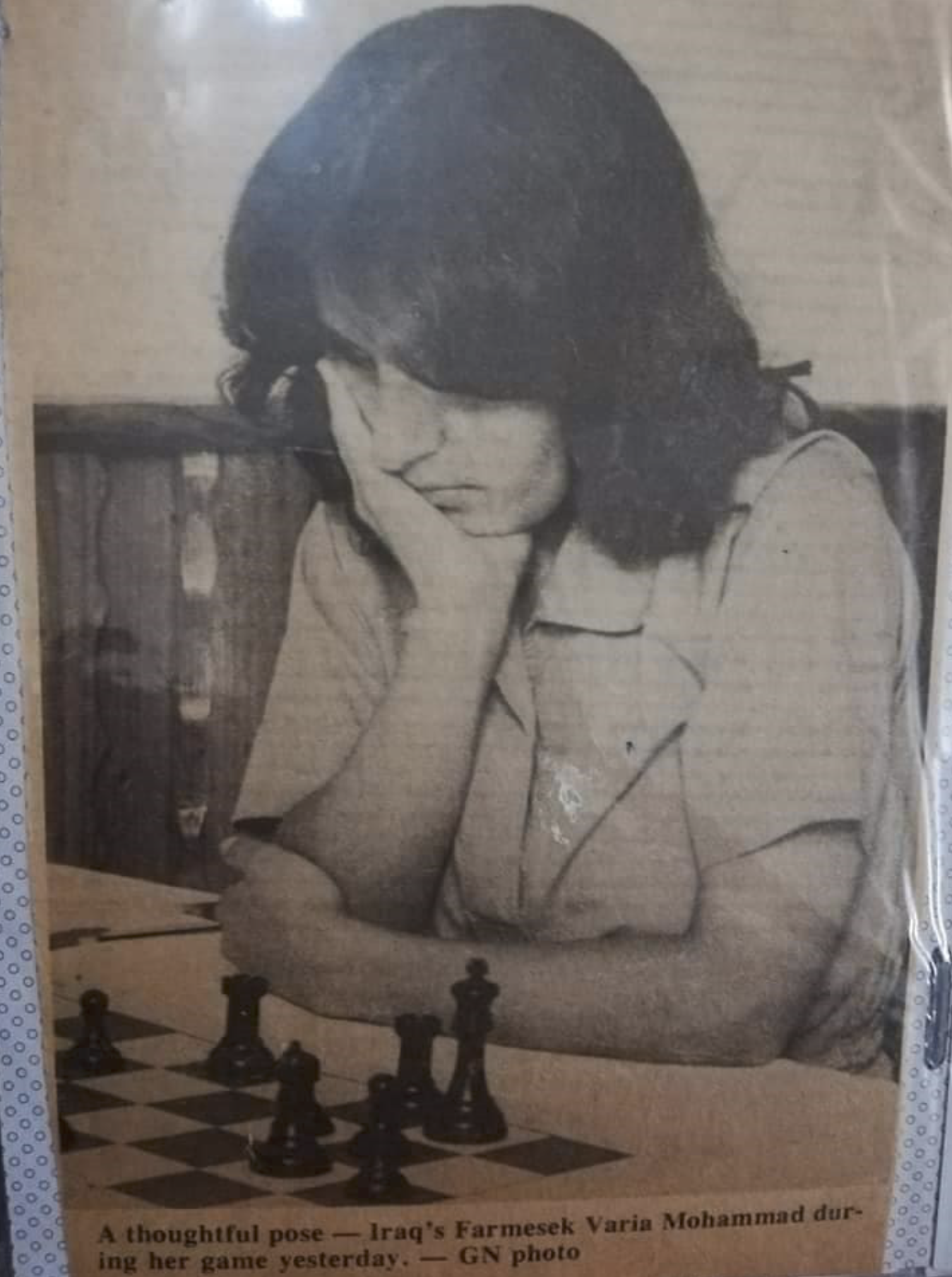
Firmesk’s dedication transcends competition. She has held various leadership positions, including the President of the Khanzad Chess Club and the Director of Women’s Activities in the Kurdistan Regional Government’s Ministry of Culture and Youth. She continues to contribute to the chess community by serving as an international chess referee and a chess instructor at Cambridge International School.
Firmesk Wirya Qaneh is a true champion. Her unwavering spirit, exceptional talent, and steadfast cultural pride have left an indelible mark on the world of chess. Her story serves as an inspiration to aspiring chess players everywhere, demonstrating the power of dedication and perseverance in achieving one’s dreams.
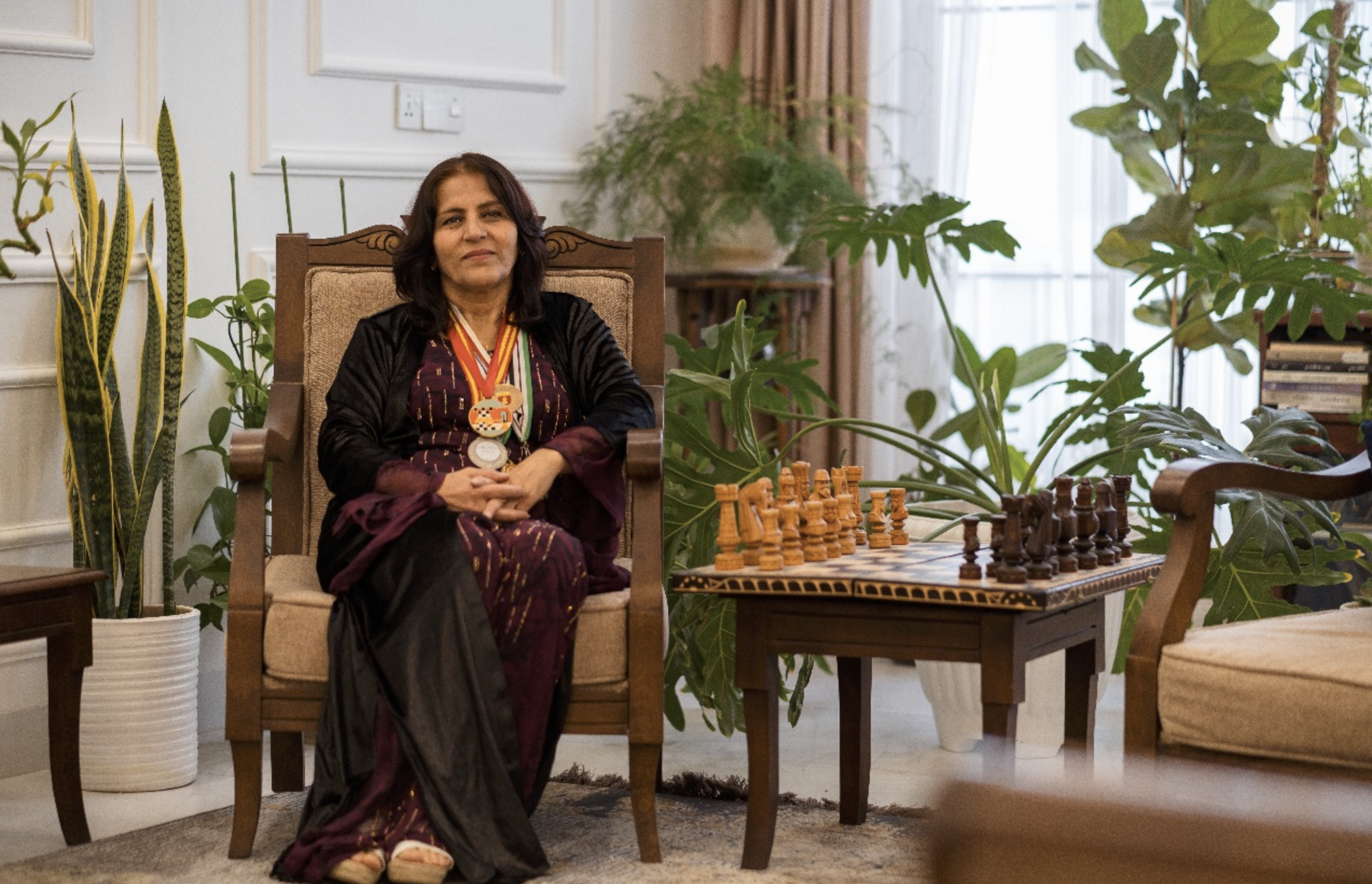
Zagros Nanakali is a writer and sports journalist based in the Kurdistan Region. With over three decades of experience, he has authored four books on sports and contributed numerous articles to the field.

